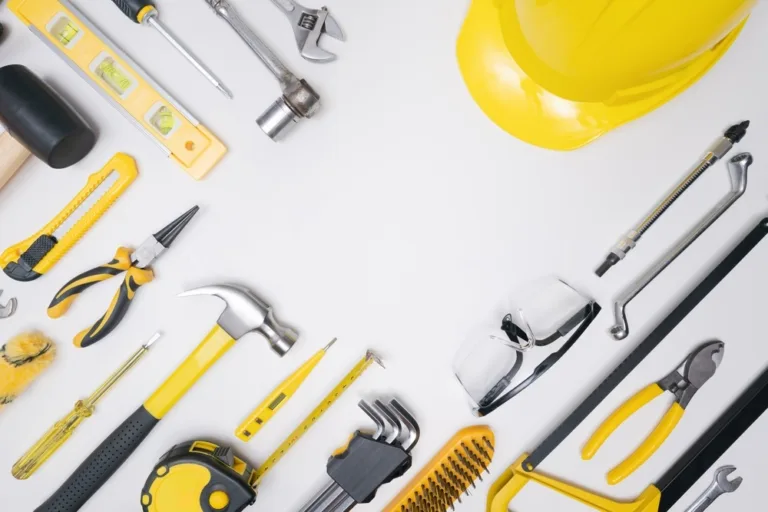The Anatomy of a Home Inspection: What’s Included in the Process
If you’re buying or selling a home, one of the most important steps is getting a professional home inspection before finalizing the deal. When hiring an inspector, it’s helpful to understand everything the standard inspection entails.
The inspection process follows a systematic protocol and comprehensive checklist developed by home inspector associations. Walk-through inspections usually last 2-3 hours for a typical single-family house. Read on for an overview of what competent home inspectors will cover:
Thorough Exterior Assessment
A home inspector will start by thoroughly examining all exterior features of the property. First, they’ll check the condition of exterior surfaces like siding, trim, paint, decks, and fencing. The inspector will look for issues like cracks, rotting wood, peeling paint, and termite damage.
Next, special attention is paid to the roof, foundation, grading, drainage, and any structures like garages. Inspectors evaluate roof age, material, drainage, and look for missing or damaged shingles. Foundation walls and visible portions are checked for cracks or leaks. Proper grading and drainage help prevent costly water issues.
The inspector also notes any obvious safety hazards outside like damaged walkways, exposed electrical, dangerous trees, or insect infestations. Overall, a meticulous look at the exterior establishes the home’s structural integrity.
Interior Inspection from Attic to Basement
After assessing the exterior, the inspector moves to the interior starting with the attic and finishing in the basement. They examine:
- Attic insulation, ventilation, framing
- Ceilings, walls, and floors for stains or cracks
- Windows, doors for function and seals
- Built-in appliances to test basic operation
- Plumbing fixtures for leaks and water flow
- Electrical outlets, wiring, panel for safety
- Walls and ceilings for signs of roof leaks
Touching and testing all systems, the inspector looks for any issues affecting safety, function, or structural soundness. Areas like unfinished basements get extra scrutiny for dampness, cracks, or insect damage.
Assess HVAC, Plumbing, and Electrical Systems
Your home’s HVAC, plumbing, and electrical systems require extensive evaluation given their importance and repair costs.
For HVAC, inspectors confirm heating and cooling systems work properly in all modes. They check the age, capacity, and condition of equipment like the furnace, heat pump, or central air. Thermostats, ductwork, and filters are examined as well.
For plumbing, all supply lines, drains, and fixtures are checked for leaks and adequate water flow and pressure. Water heaters are inspected for age, capacity, and safety mechanisms like pressure-release valves.
Electrical inspections verify all components work properly, no hazards exist, and the system can meet your household needs. This covers the main panel, wiring, outlets, switches, and load capacity.
Focus on Major Appliances
Home inspectors also test major appliances using normal operating controls. At minimum, they will confirm basic functioning of the:
- Range/Oven/Cooktop
- Refrigerator
- Dishwasher
- Washing machine and dryer
- Garbage disposal
- Built-in microwave
Obvious defects like failing to start or excessive noise will be noted. Diagnosing precise repairs is beyond the scope though they may recommend appliance specialists.
Comprehensive Final Report
The end product of the inspection process is a comprehensive written report detailing all aspects examined, results, and recommended repairs. Expect plenty of supporting photos and helpful graphics like roof framing diagrams.
Reliable inspectors follow inspection standards and ethics rules. They deliver reports promptly and inform clients of any significant immediate safety issues. The final report provides invaluable data for property owners or potential buyers negotiating a sale.
In summary, a professional Home Inspection Fredericksburg VA is far more than a quick walkthrough. Inspectors methodically scrutinize all areas of the home following established criteria. Their unbiased, highly detailed final assessment report delivers peace of mind to buyers or assists sellers in making repairs. When selecting your home inspector, ensure they adhere to this standard process.







